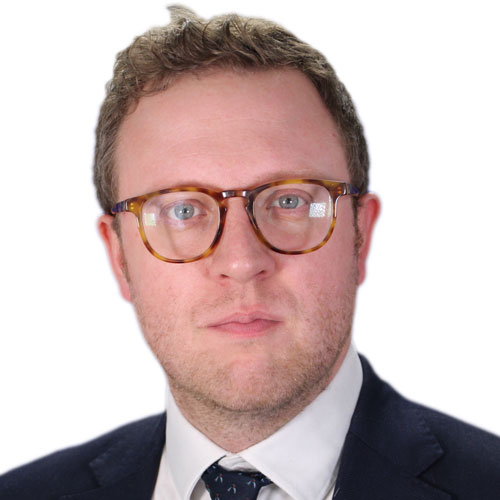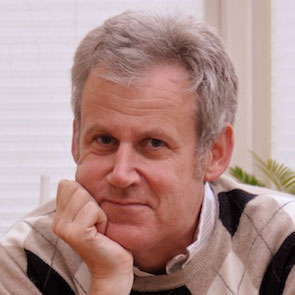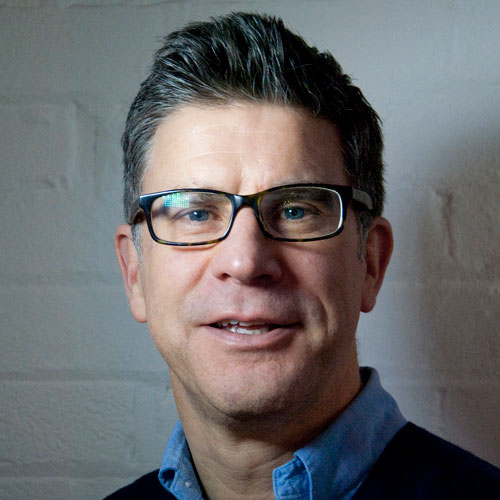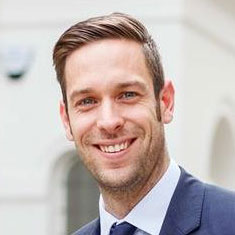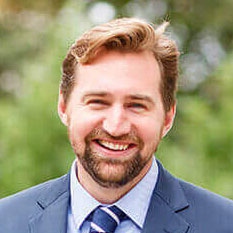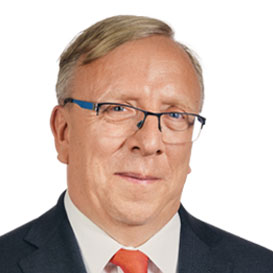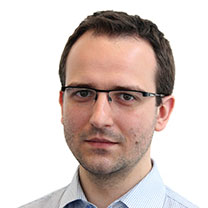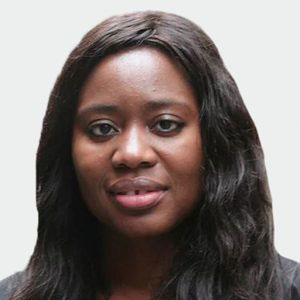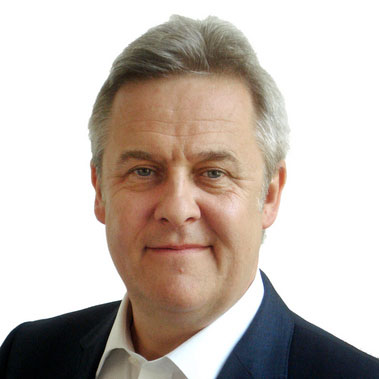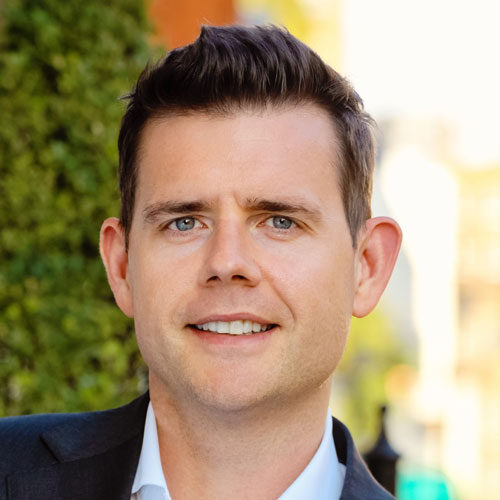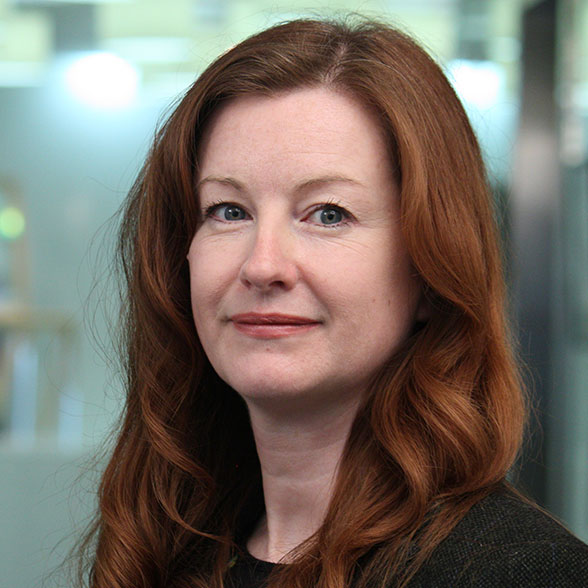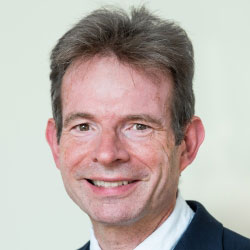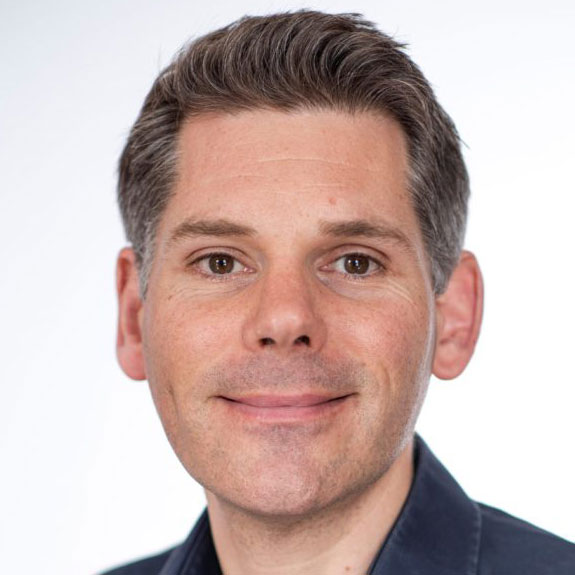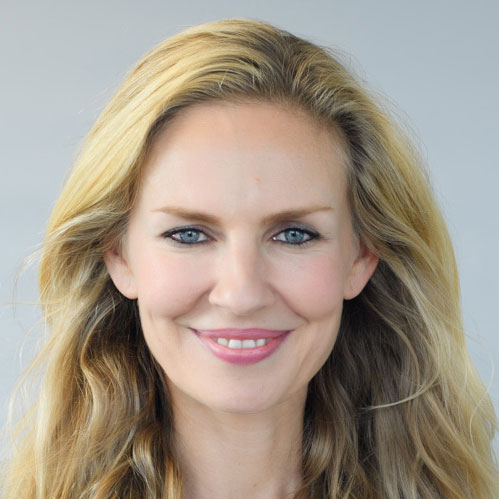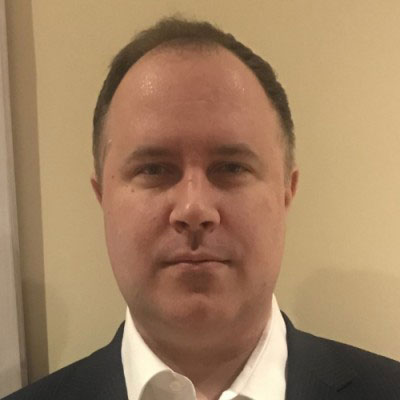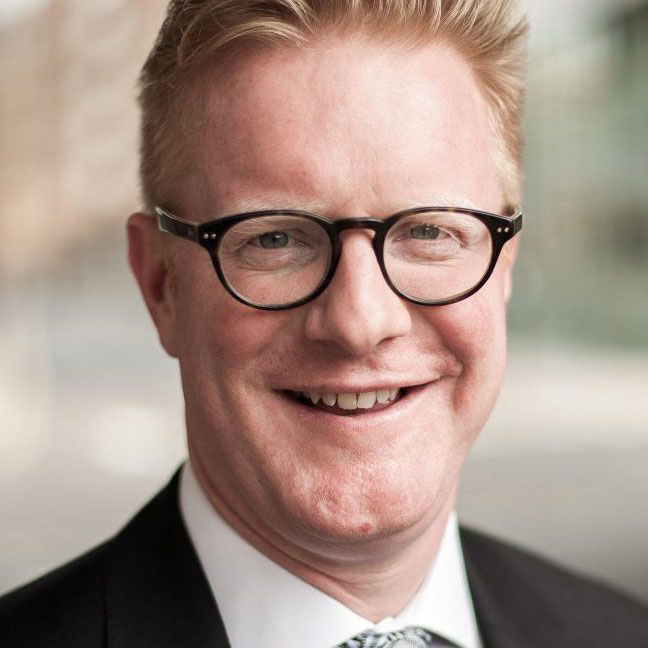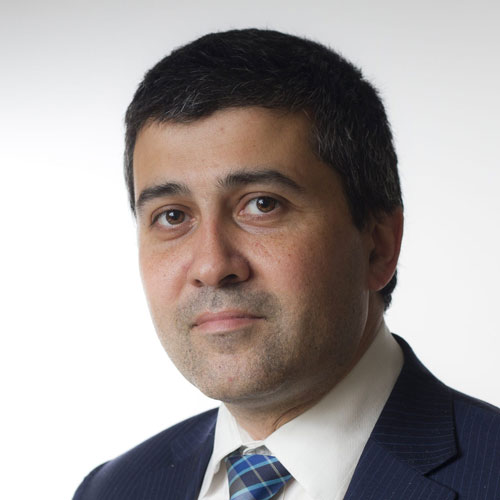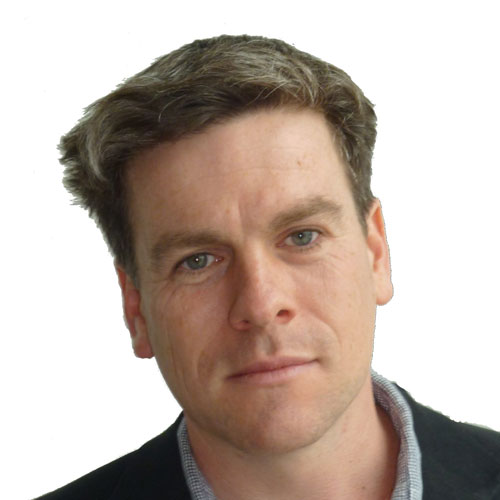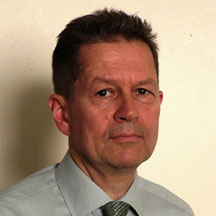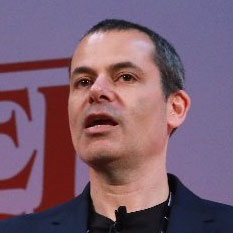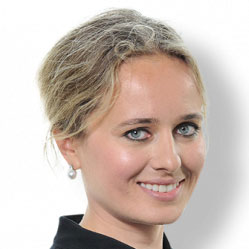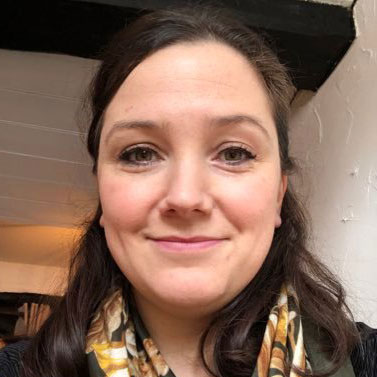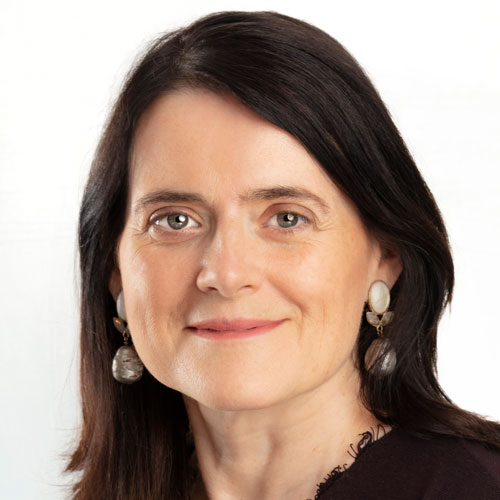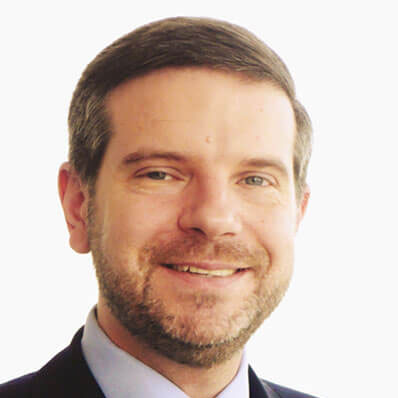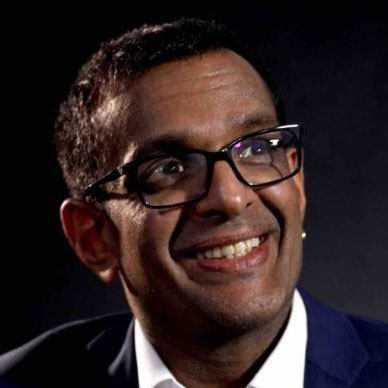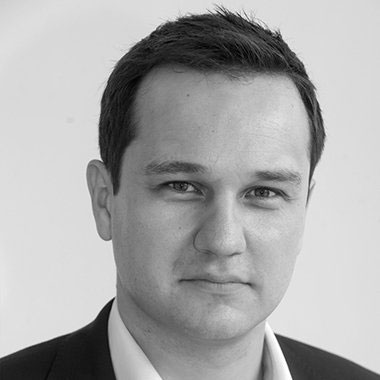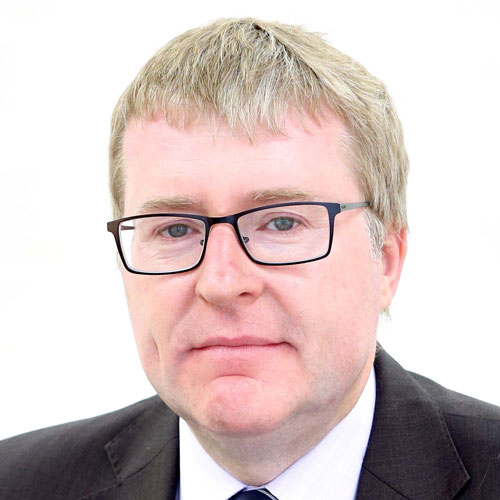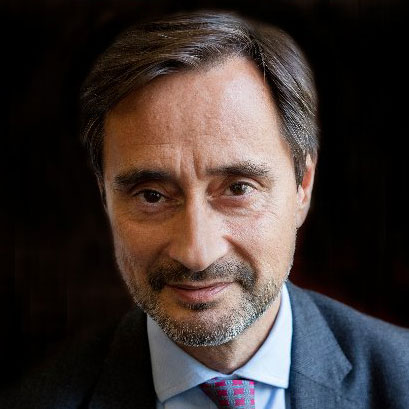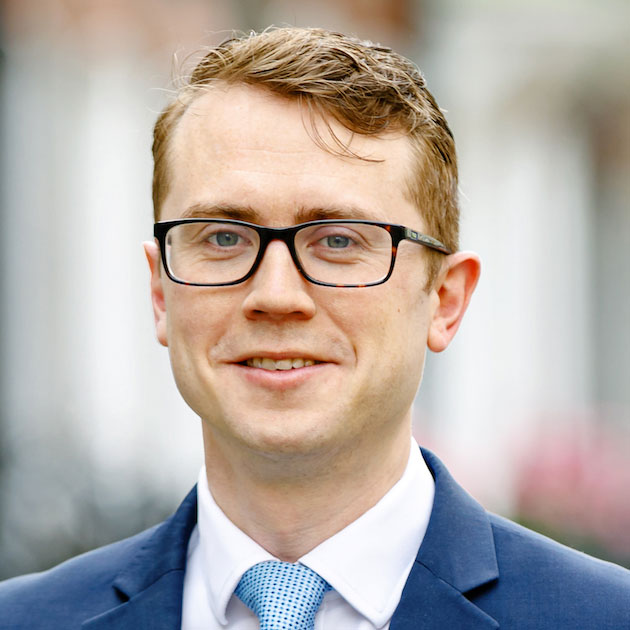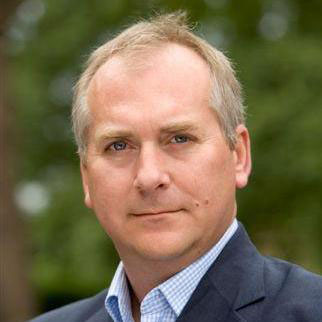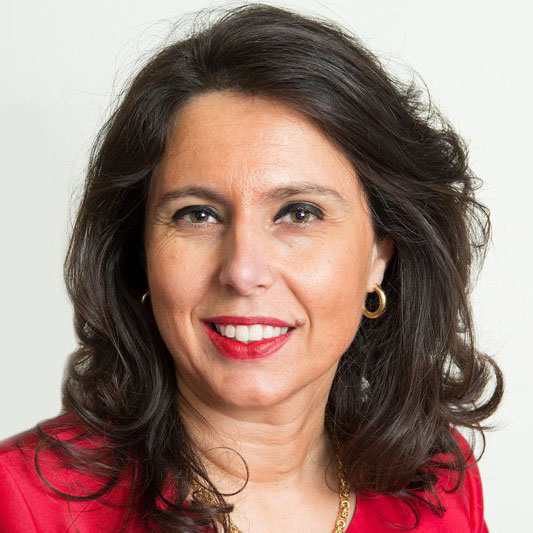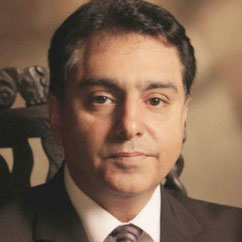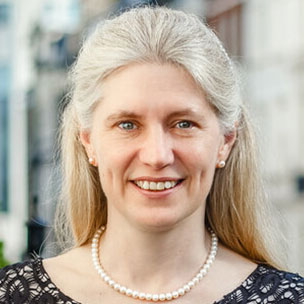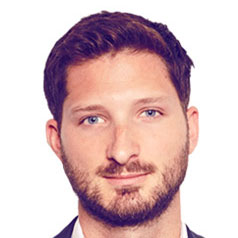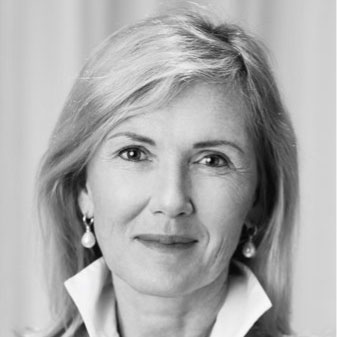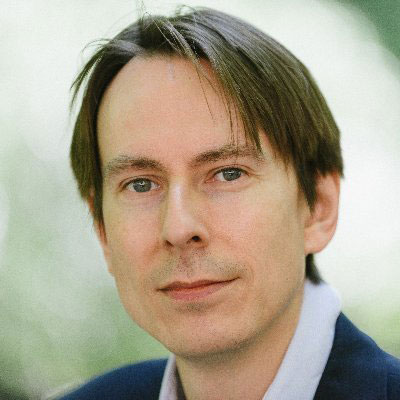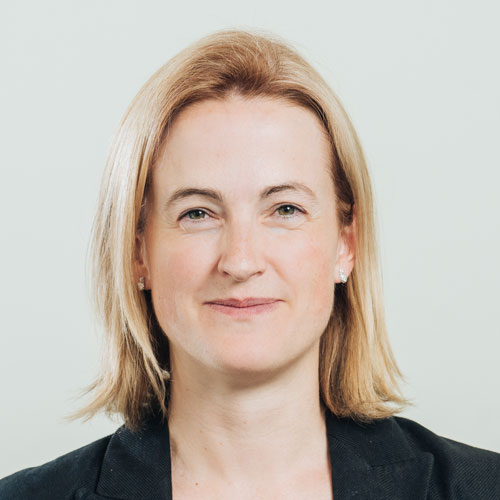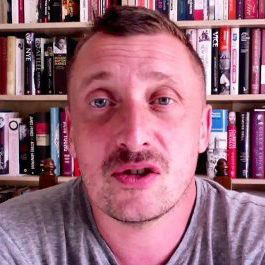Think Tanks
Mace’s Think Tankers Index provides your guide to the big brains and blue-sky thinkers who, as The Adam Smith Institute’s Madsen Pirie has said, propose things that at first are thought of as the ‘edge of lunacy’, which then become the ‘edge of policy’.
The most successful think tanks anticipate the public mood. The Centre for Policy Studies (CPS), in the 1970s, and the Institute of Public Policy Research (IPPR), in the 1990s, responded to it, reframed the debate and brought Margaret Thatcher and Tony Blair into Downing Street. Our index reveals the brightest and best think tank leaders operating in Westminster today.
Before the 2019 general election, think tanks and their alumni across the political spectrum took charge of the main party manifestos.
The Conservative manifesto was authored by Robert Colvile, the director of the CPS, Rachel Wolf, then a fellow at the CPS, and Munira Mirza, the former director of development at Policy Exchange and now head of No 10’s policy unit.
Meanwhile, the Labour Party’s manifesto was heavily influenced by the Institute for Public Policy Research (IPPR) and the New Economics Foundation’s (NEF) work on economic justice and the environment, as well as Autonomy’s work on the four-day week.
The Institute for Economic Affairs (IEA) and the Legatum Institute exerted significant influence over the direction of the government’s Brexit policy and the former could boast of 14 contributors to their initiatives being in government. And on the left, Common Wealth, set up by former IPPR-er Matthew Lawrence, gave voice to Corbynomics.
With Covid-19, think tanks have faced a new series of challenges. While it is yet to impact think tanks financially – after the financial crash in 2008, it took some think tanks as much as three years to feel the squeeze – but it has impacted their research. Long-term projects are being substituted for research into policies that “needed to happen yesterday”, said one prominent think-tanker.
Furthermore, the low cost of each interaction – with the public or politicians – granted by social media and accompanying technologies has given them scope to follow their American cousins in becoming their own broadcasting corporations, says Mark Littlewood, director general of the IEA. The unprecedented times we live in have given think tanks more prominence.
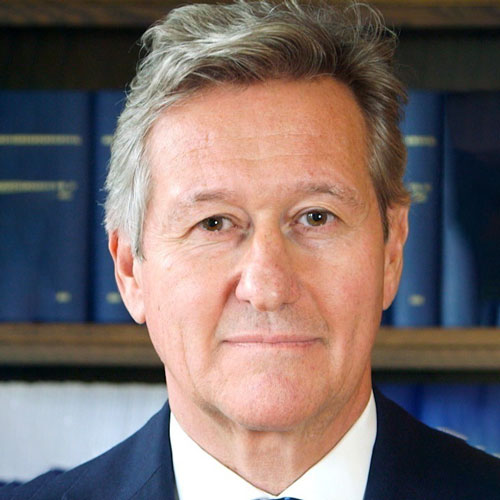
John Chipman
International Institute for Strategic Studies
Director General and Chief ExecutiveView Profile
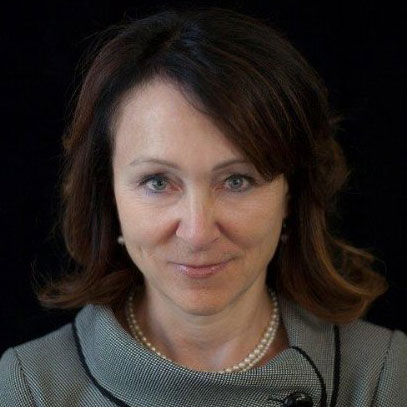
Karin von Hippel
Royal United Services Institute for Defence and Security Studies (RUSI)
DirectorView Profile



